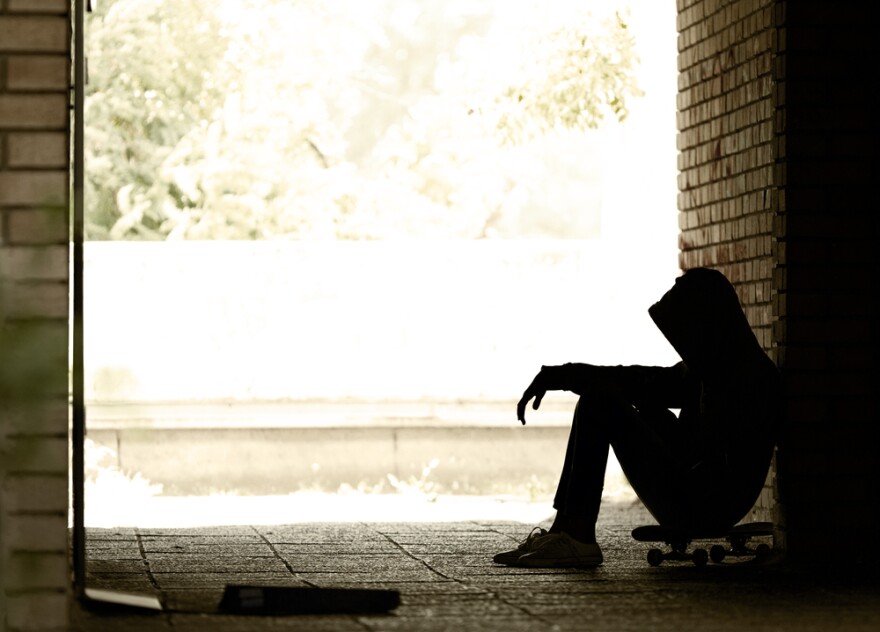From the struggle for food and shelter to overcoming childhood trauma, homeless young people in North Texas are up against many obstacles.
The Metro Dallas Homeless Alliance just released new data from . Madeline Reedy is with , one of the groups behind the survey. She joined ËÄ»˘Ó°Ôş's Justin Martin to talk about the results.
INTERVIEW HIGHLIGHTS:
Some of the reasons young people become homeless:
What you would think is that young people run away from home, that they don't like the rules of the house, right? That's what you typically think, is that all these youth on the streets are choosing to be there, and that's not really the truth.
Our data shows that the majority of young people are dealing with some type of family instability, whether that is family violence or family finances. That's what's causing them to be homeless, close to 60%.
Why it's difficult for homeless young people to get a job:
At , we see about 900 young people a year, 50% of them don't have their high school diploma or G.E.D. That's going to stand in the way of what kind of living wage job they can get.
A 12-year-old is too young to have a job, so age in itself and experience. Our studies showed that the majority of our young people are trying to get a job. I think it was 89% either are currently working or actively looking for a job.
Numbers from the 2019 survey:
We had two different counts this year. We did one in January and one in June, and the combined count for this year was 250 homeless young people.
What's interesting is that it's about a 50-50 split in terms of gender. We didn't really count as many transgender young people as I would have thought, it was less than 2%.
We also see a perponderance of over 50% identify as black or African-American, so that definitely informs the fact that the Metro Dallas Homeless Alliance as a group, everybody involved in the committee, is working on racial equity.
What most people miss when it comes to homeless youth:
I think most people miss really understanding how hard it is, really understanding that you don't become homeless on a whim. When we looked at our survey data, the majority of our young people had an adverse childhood experience. This is severe trauma that they've gone through.
So not only is there trauma from having to be homeless and having to sleep outside or in a shelter or be separated from your parents, but you also have these young people who have these compounded issues that they've dealt with family violence or child abuse or neglect, or they were part of the foster care system, are part of the adult justice system or they've been sexually assaulted.
So to compound all those traumas and to think about a young person who maybe ticked all of those boxes, to really understand how difficult it is to provide them hope, to provide them opportunity, to provide them a chance to kind of change their stars, if you will, and know that there's something better out there for them.
Answers have been edited for clarity and brevity.





